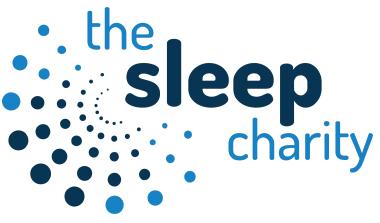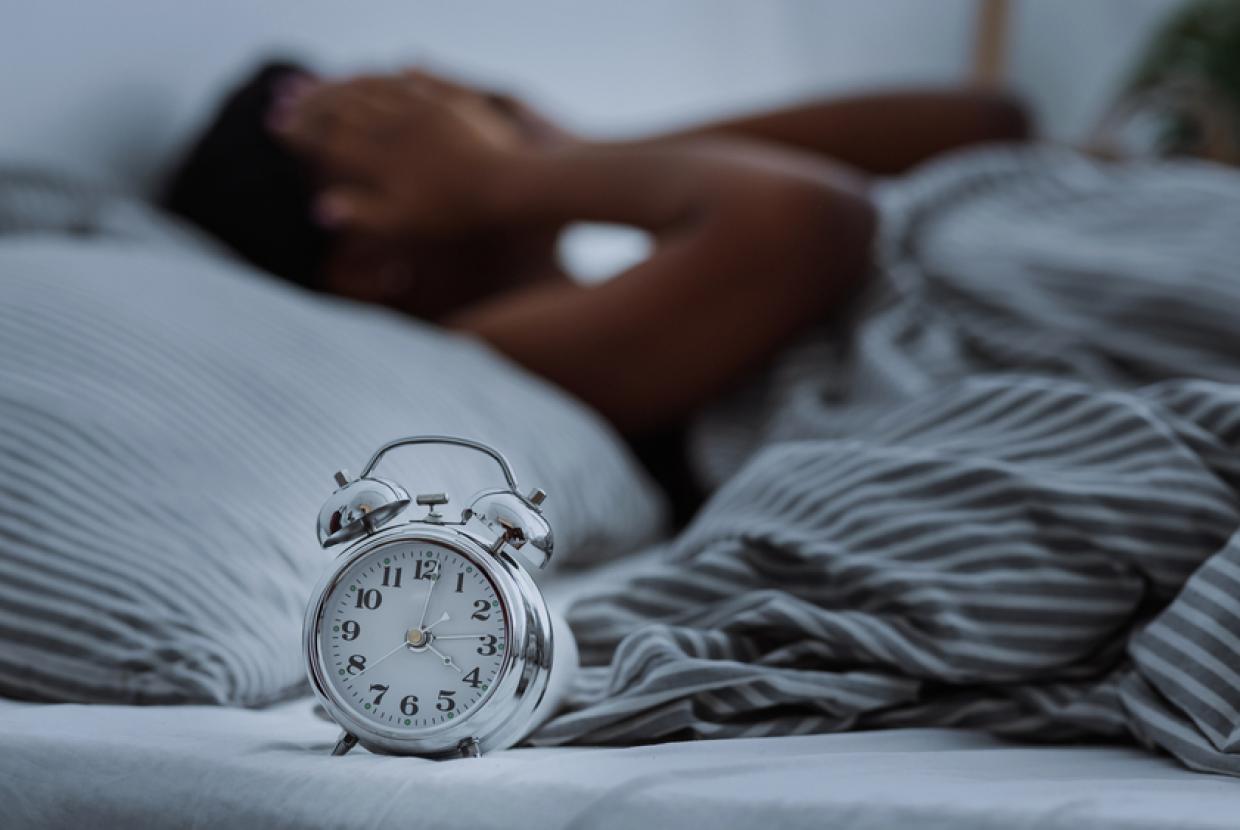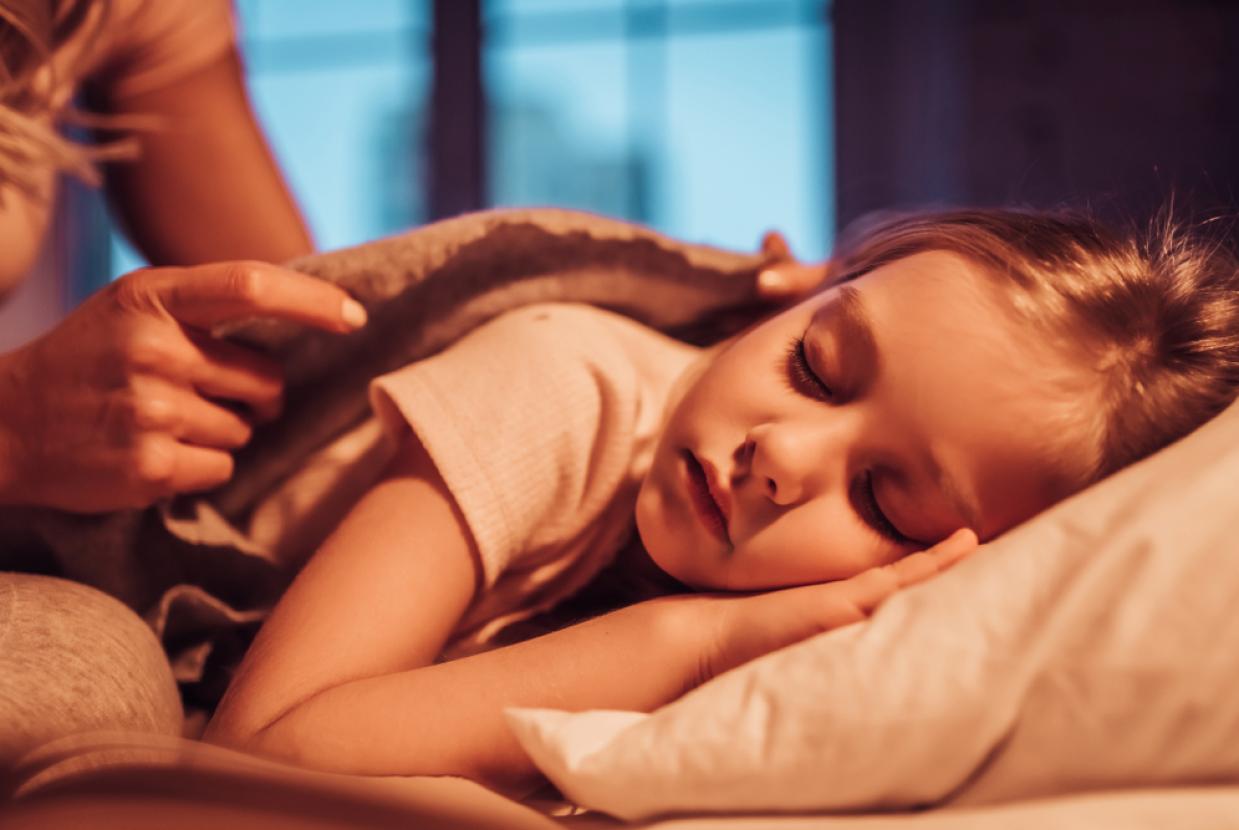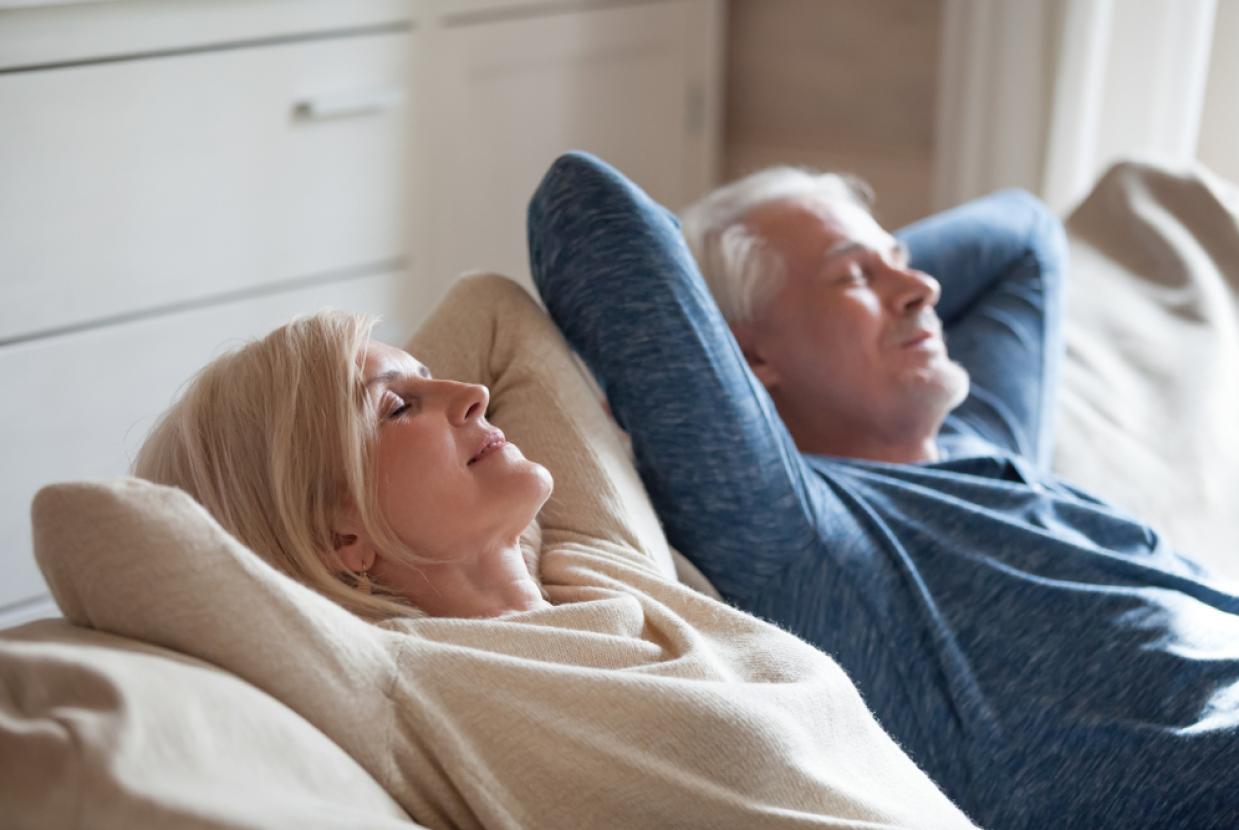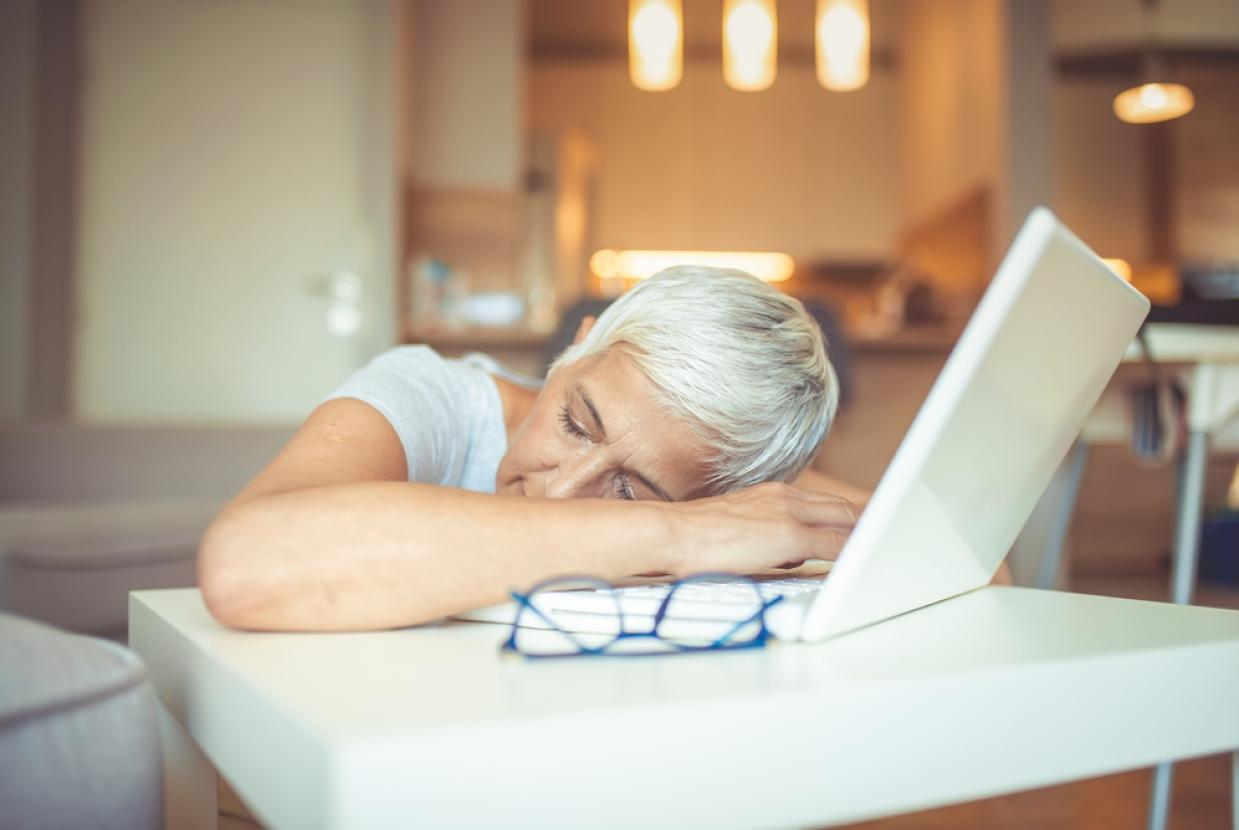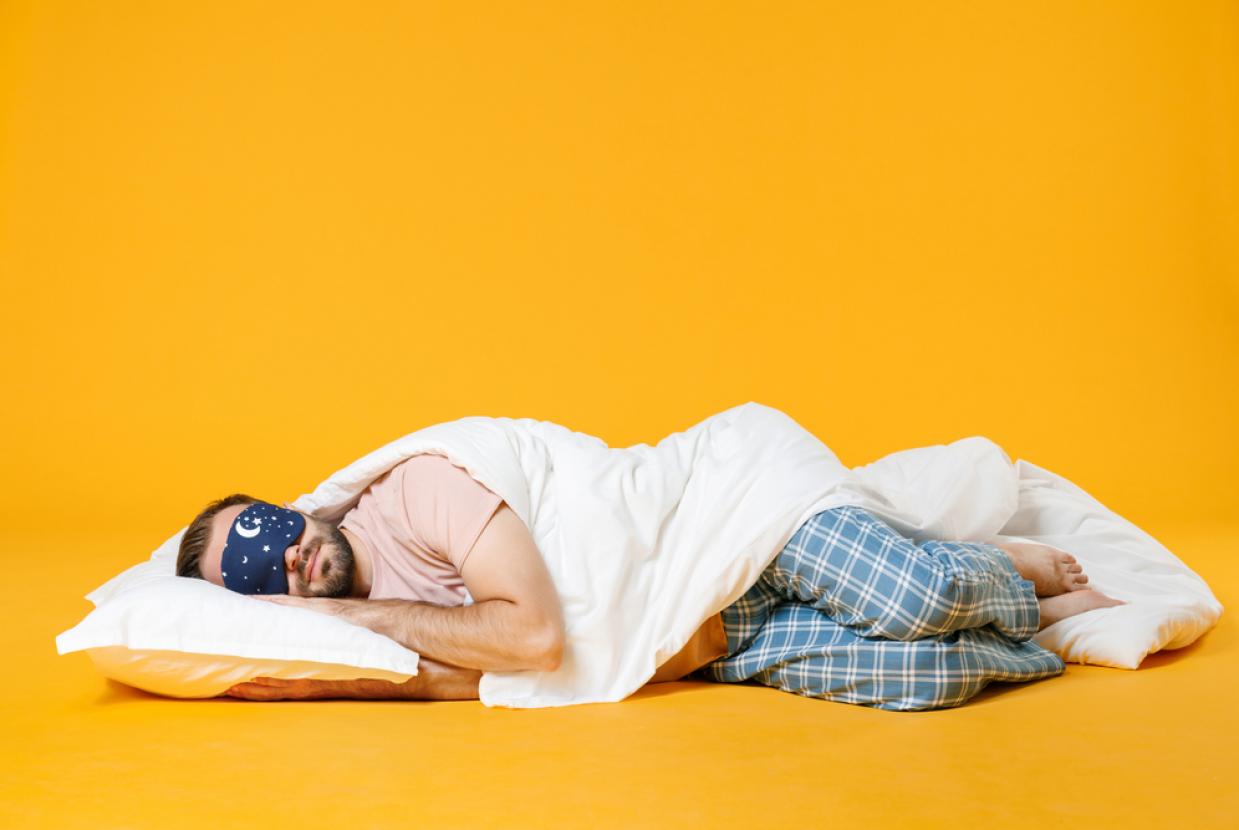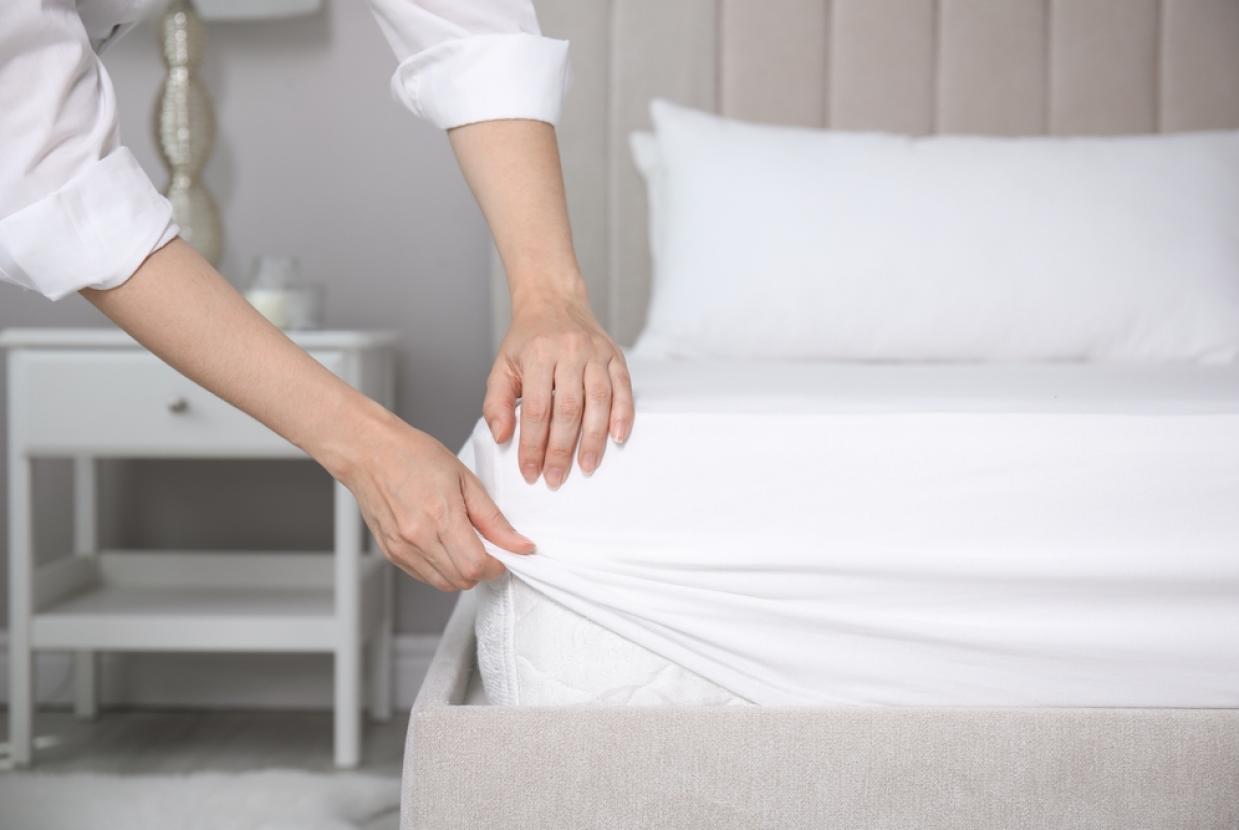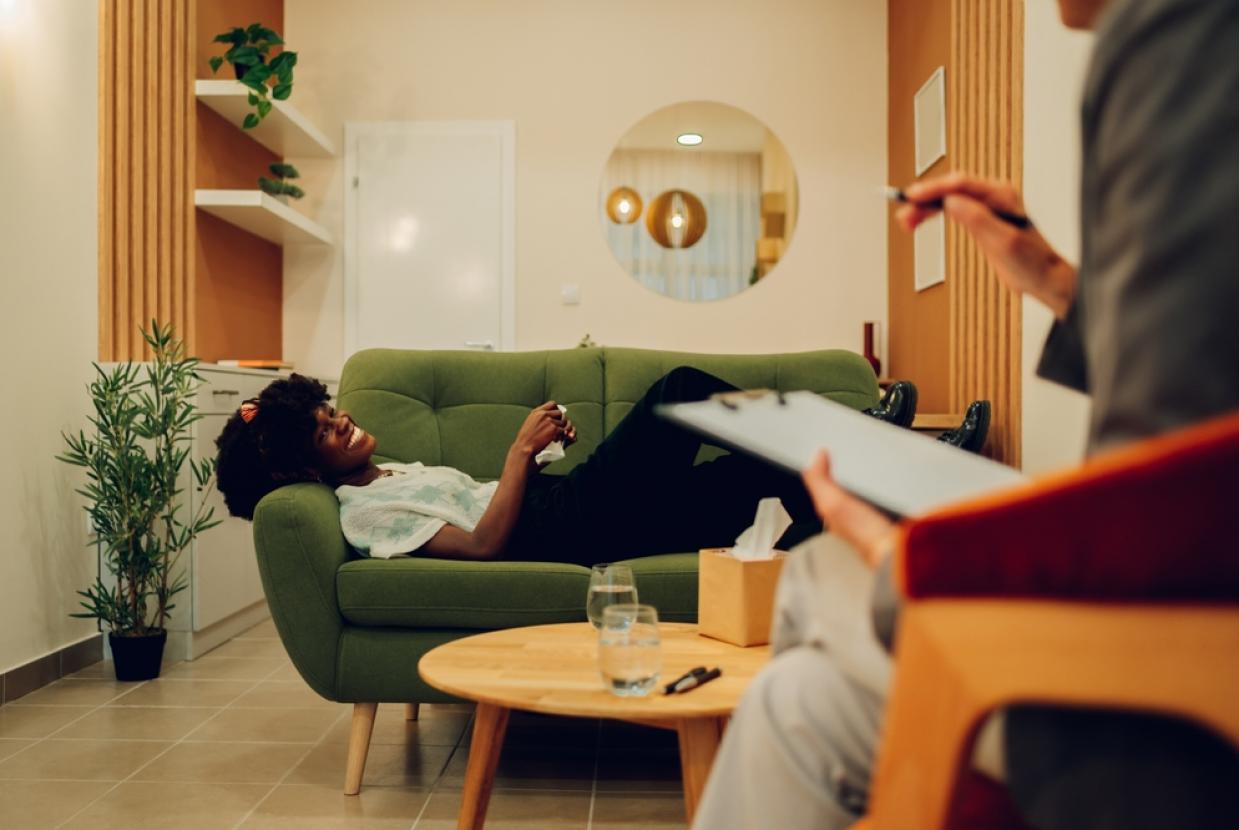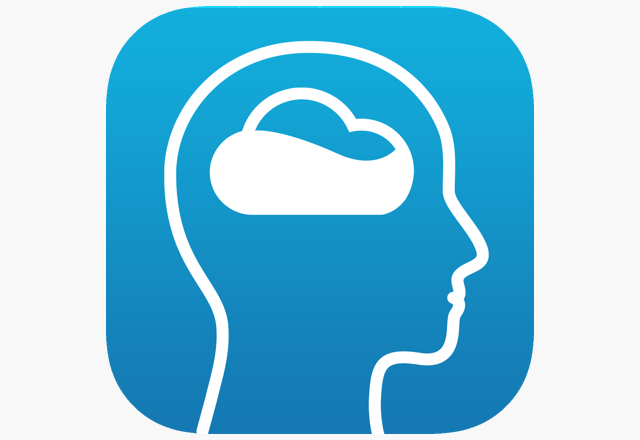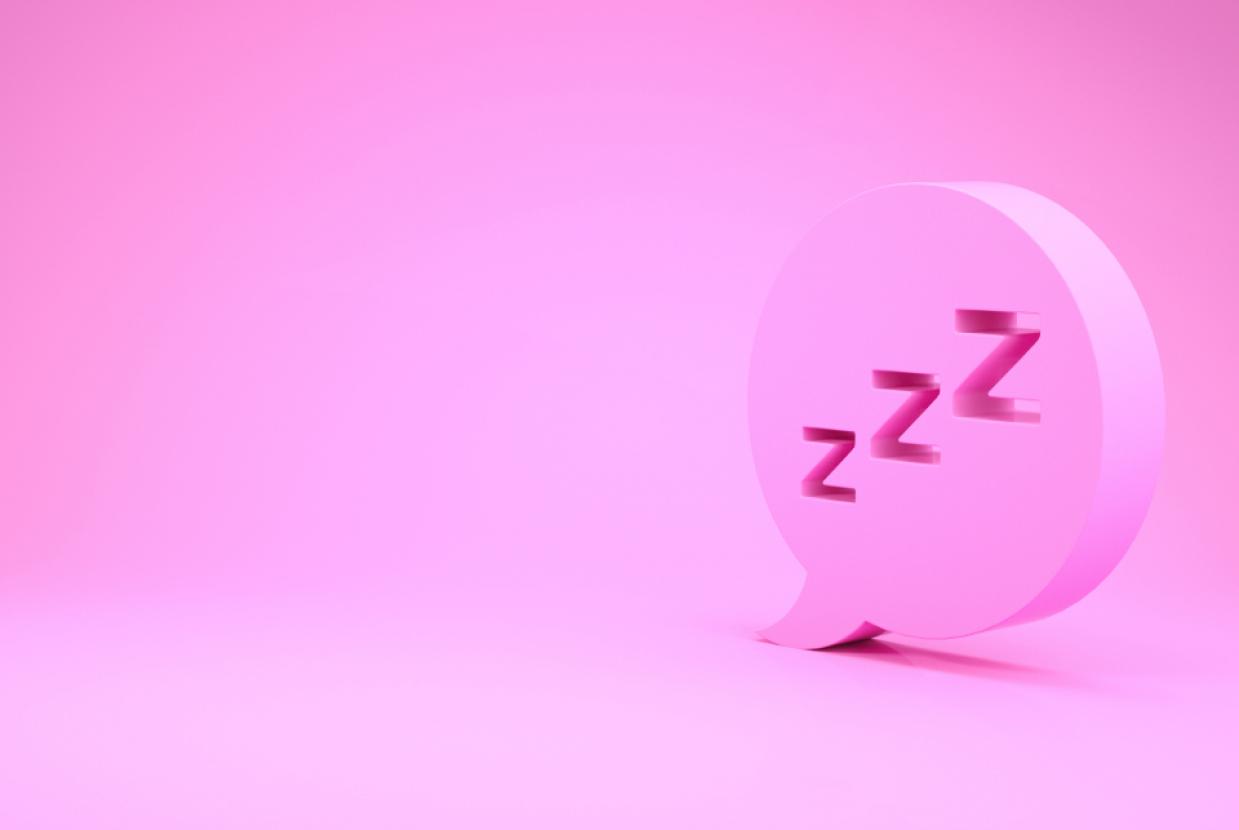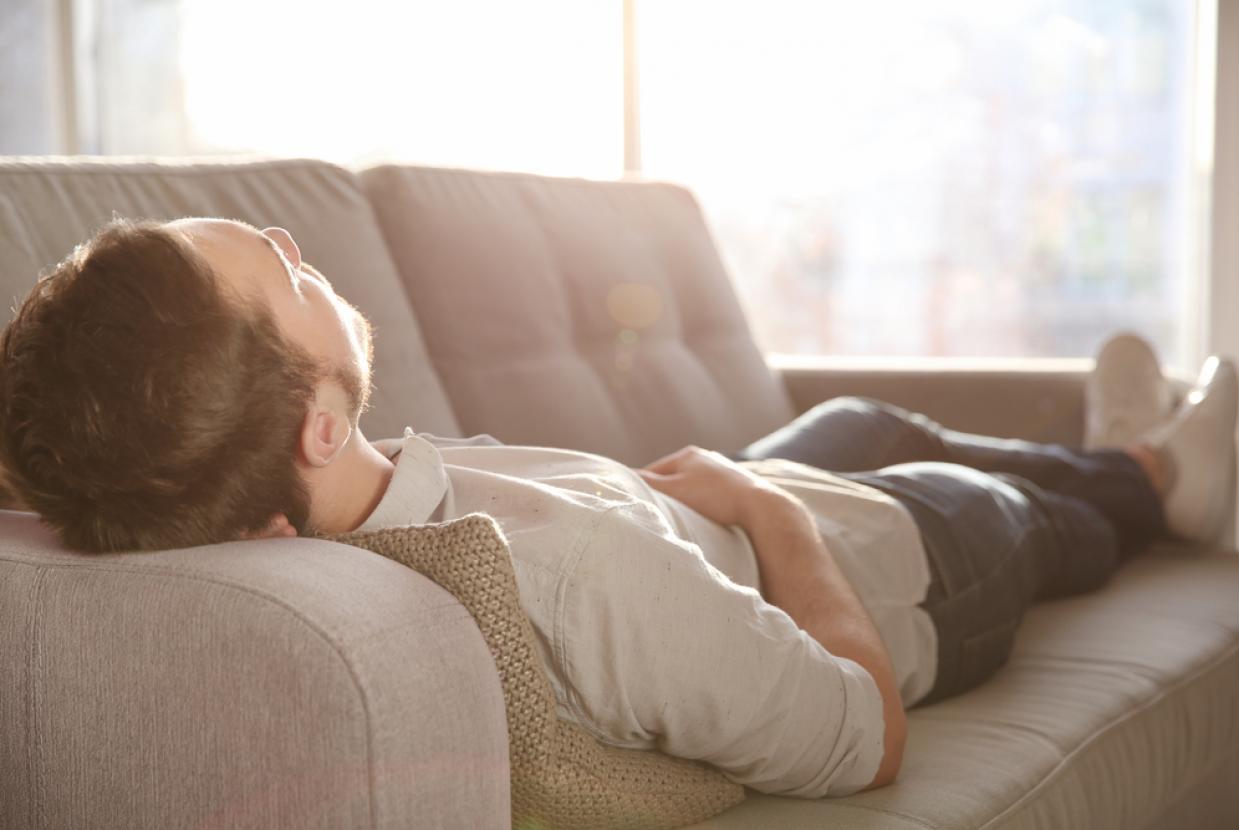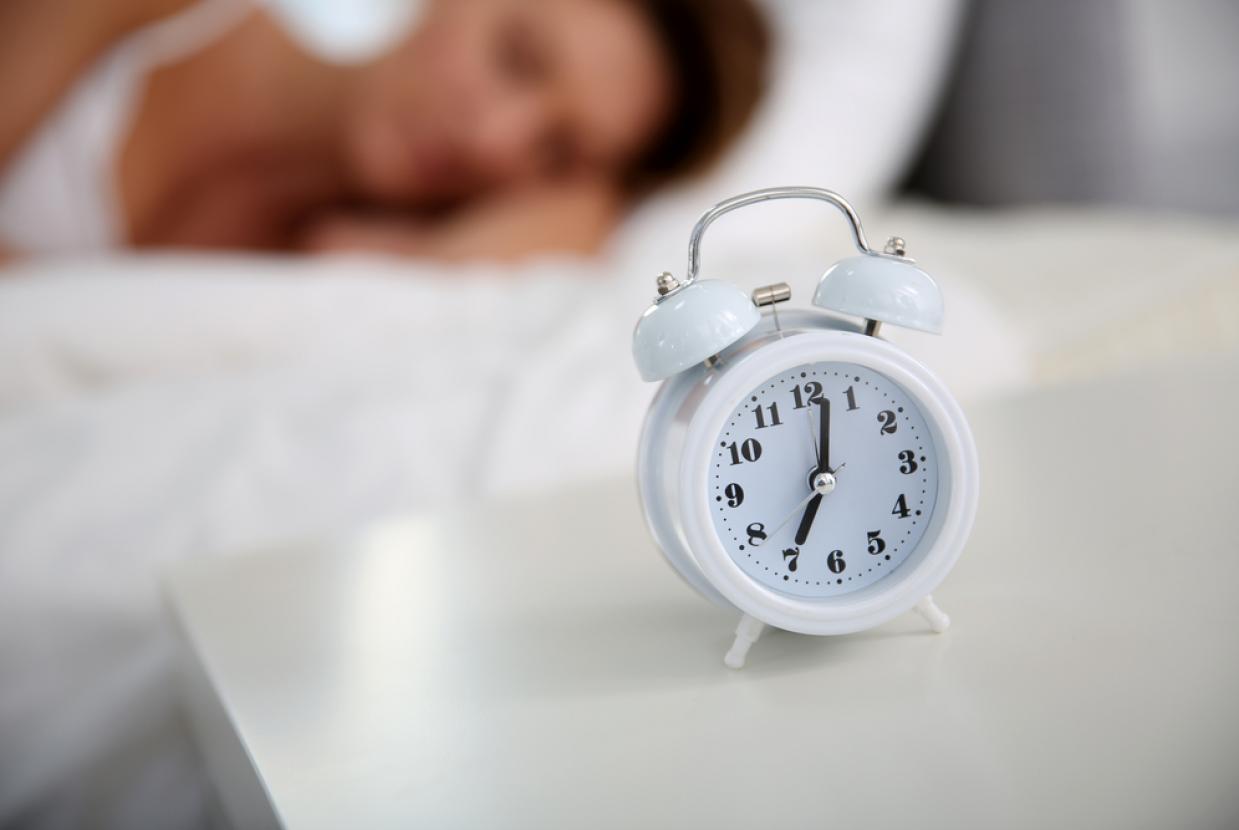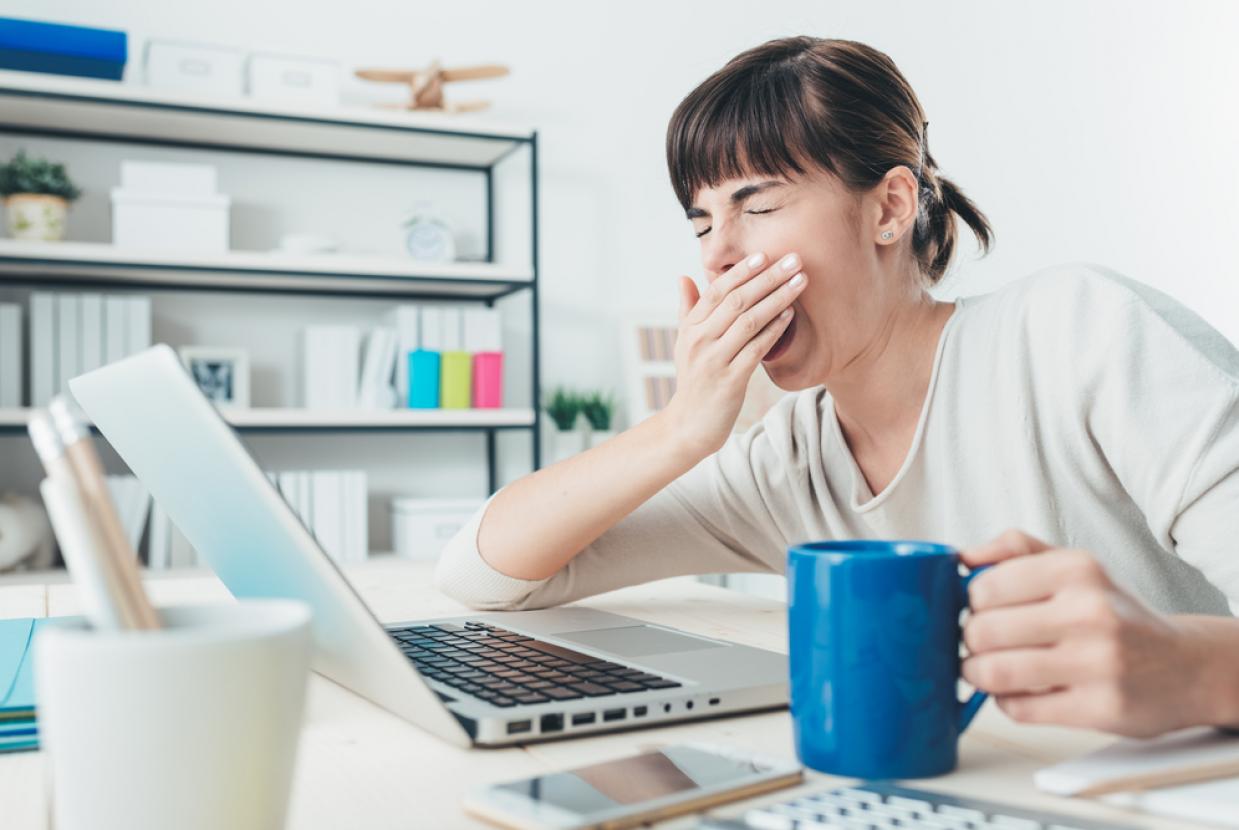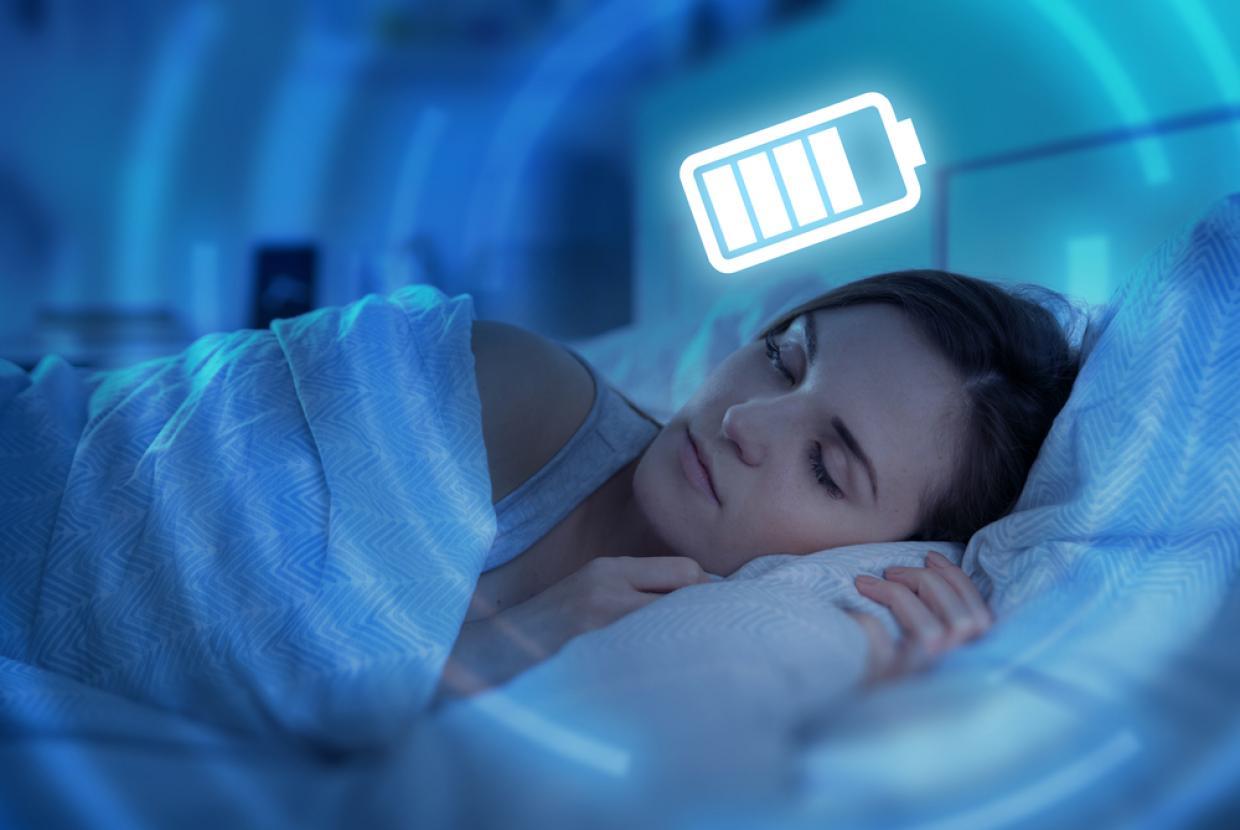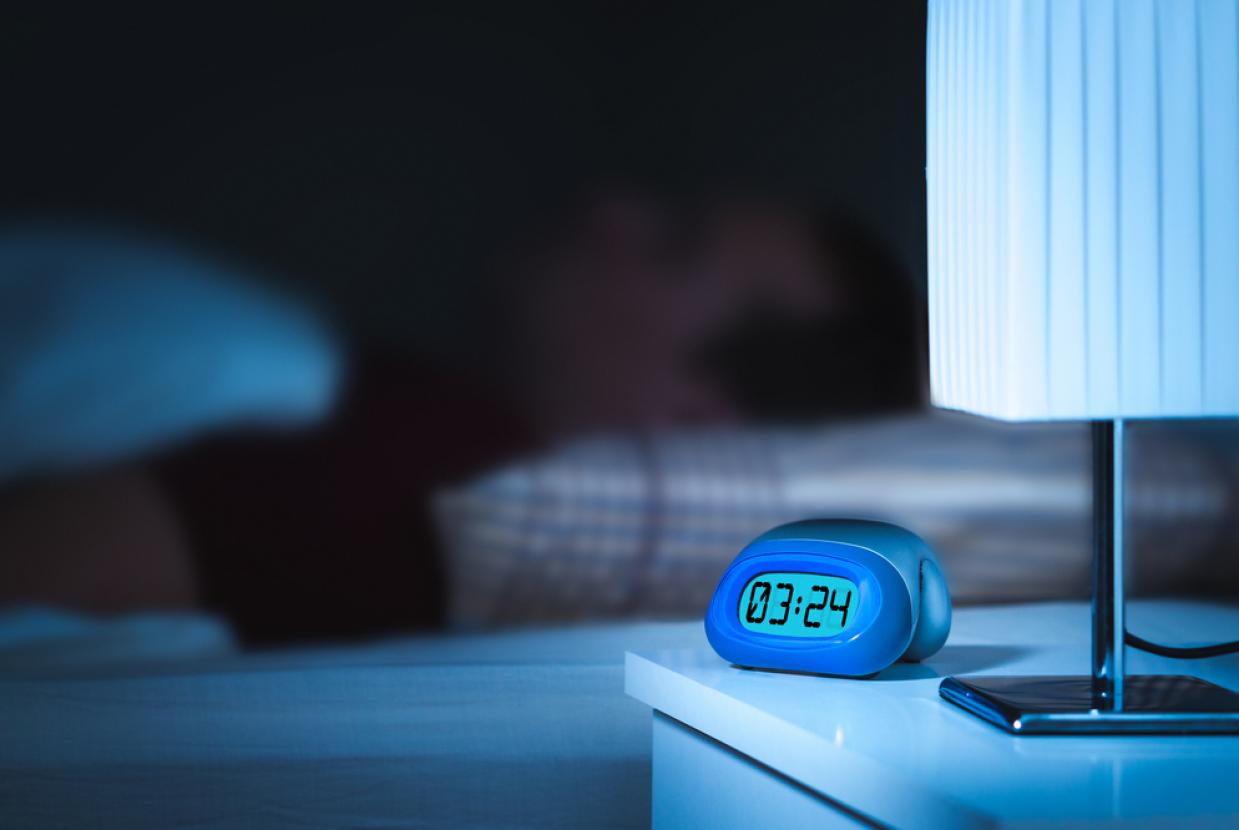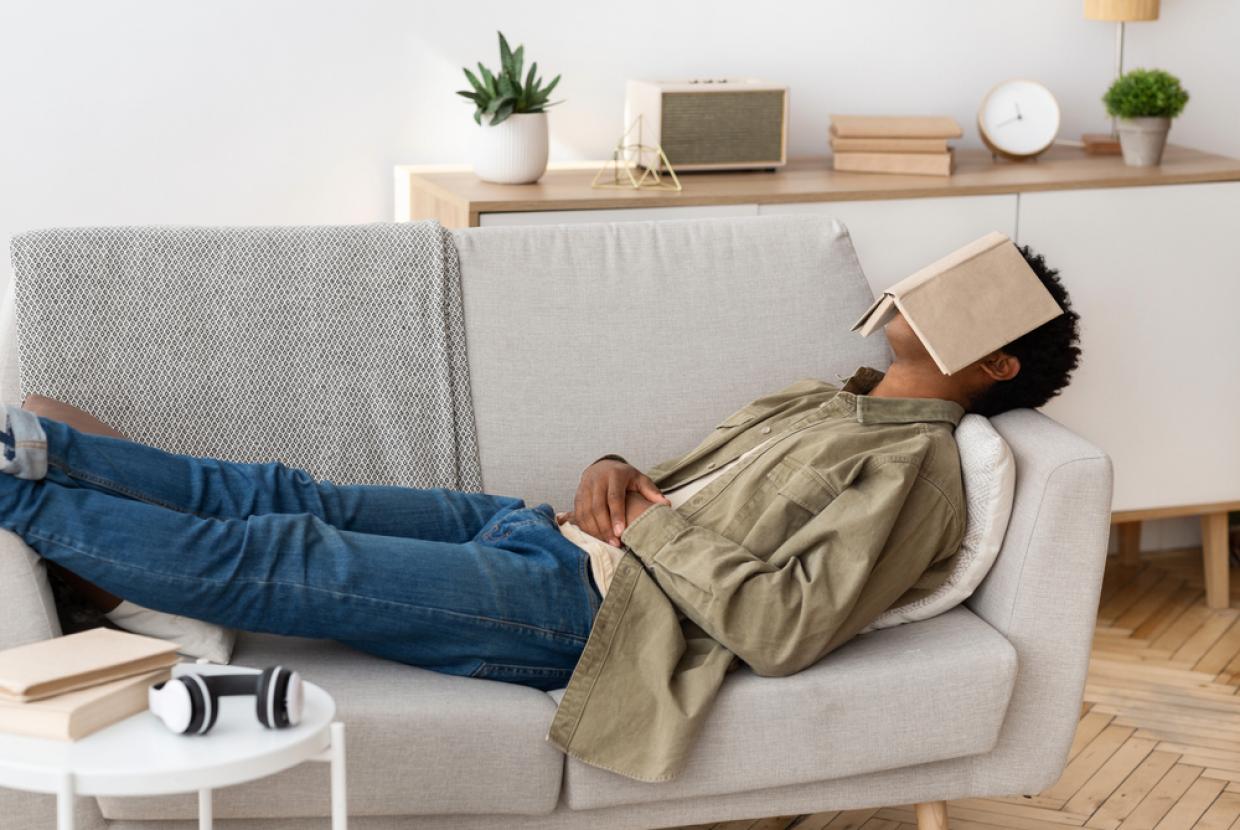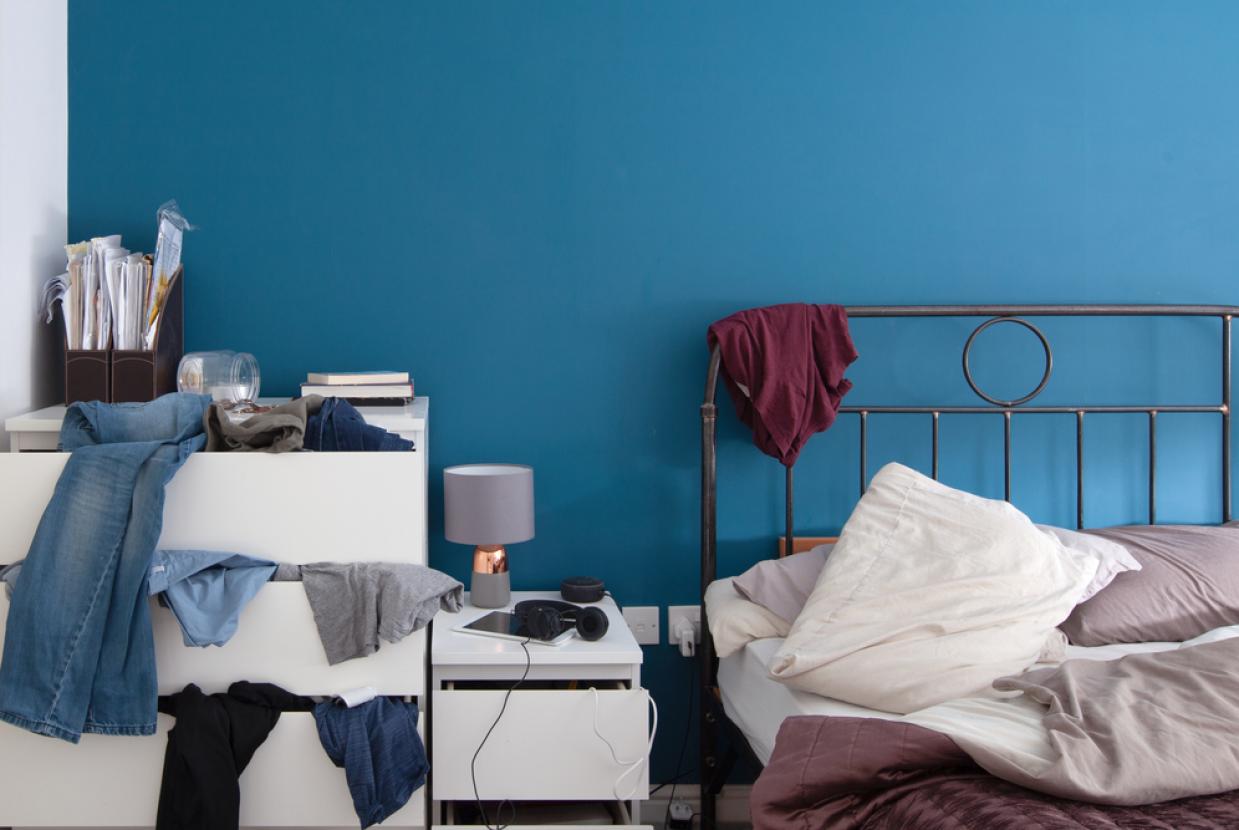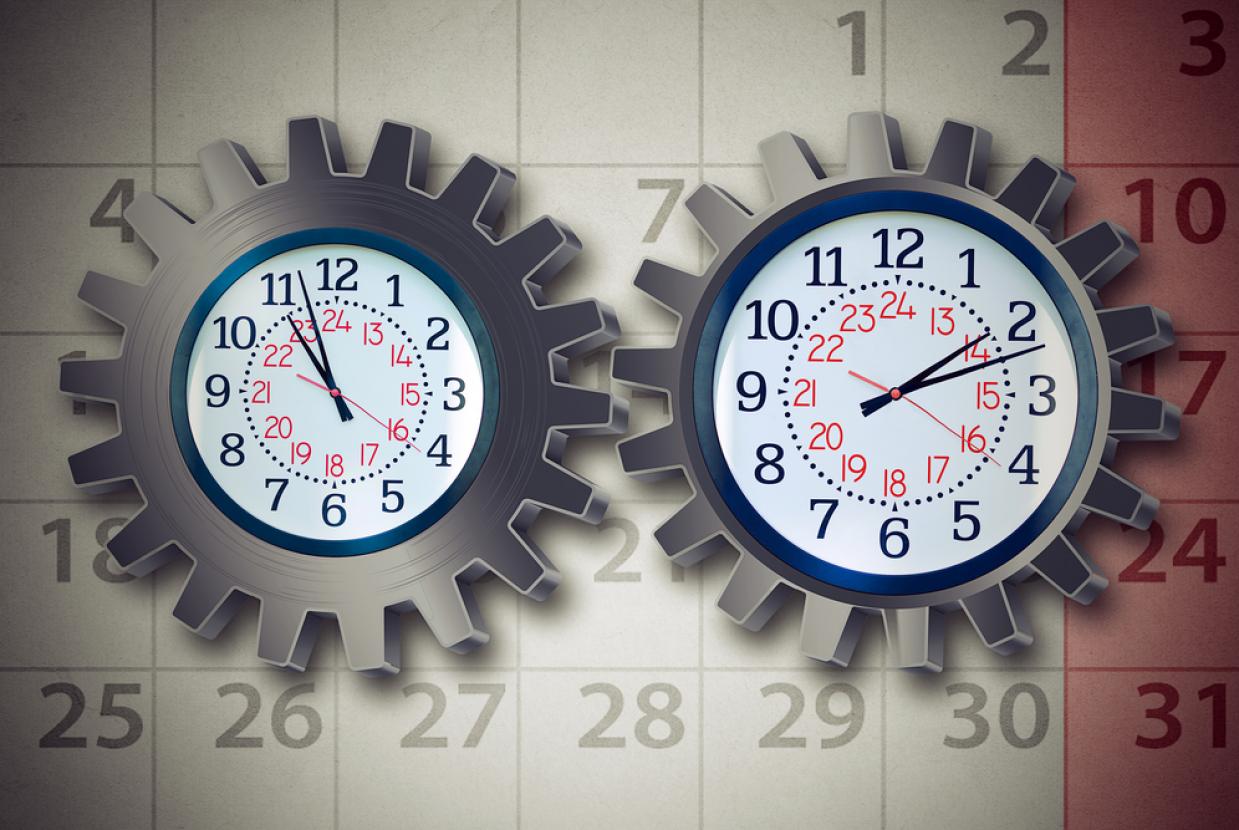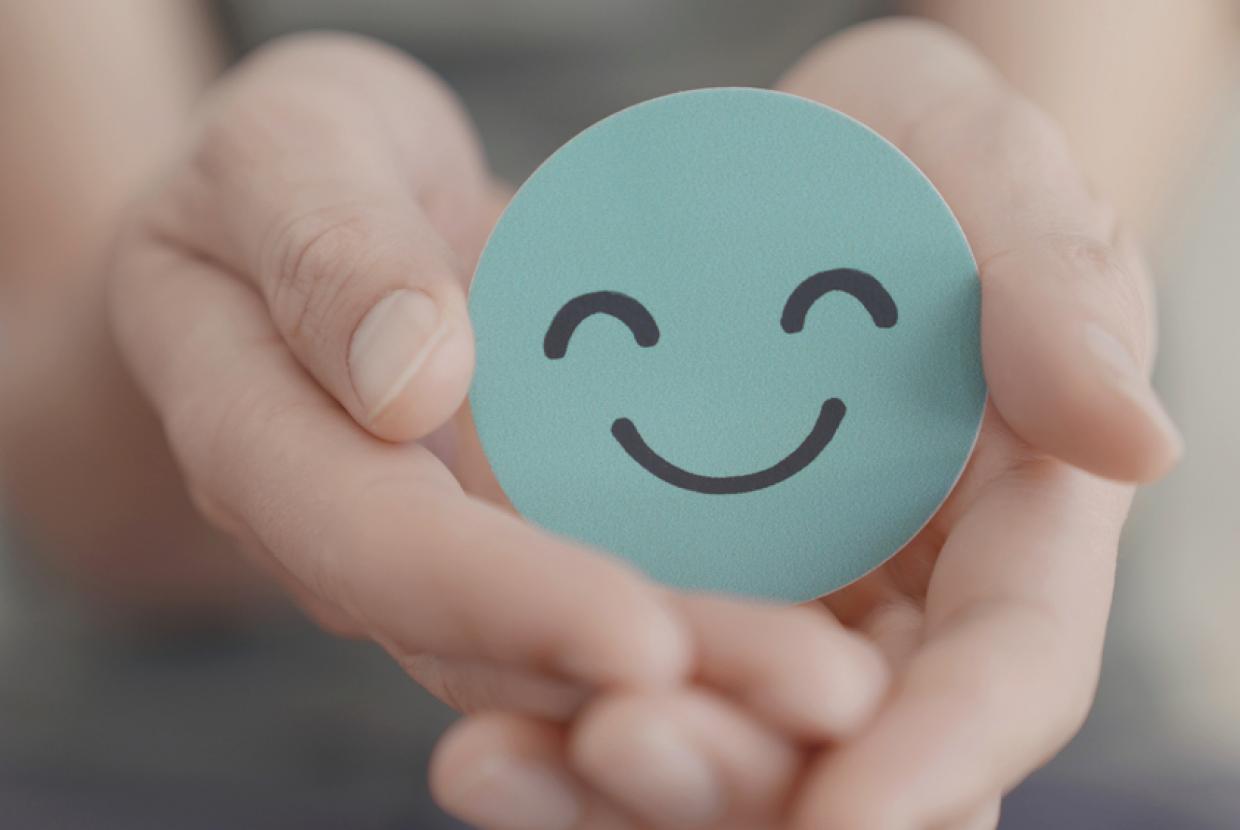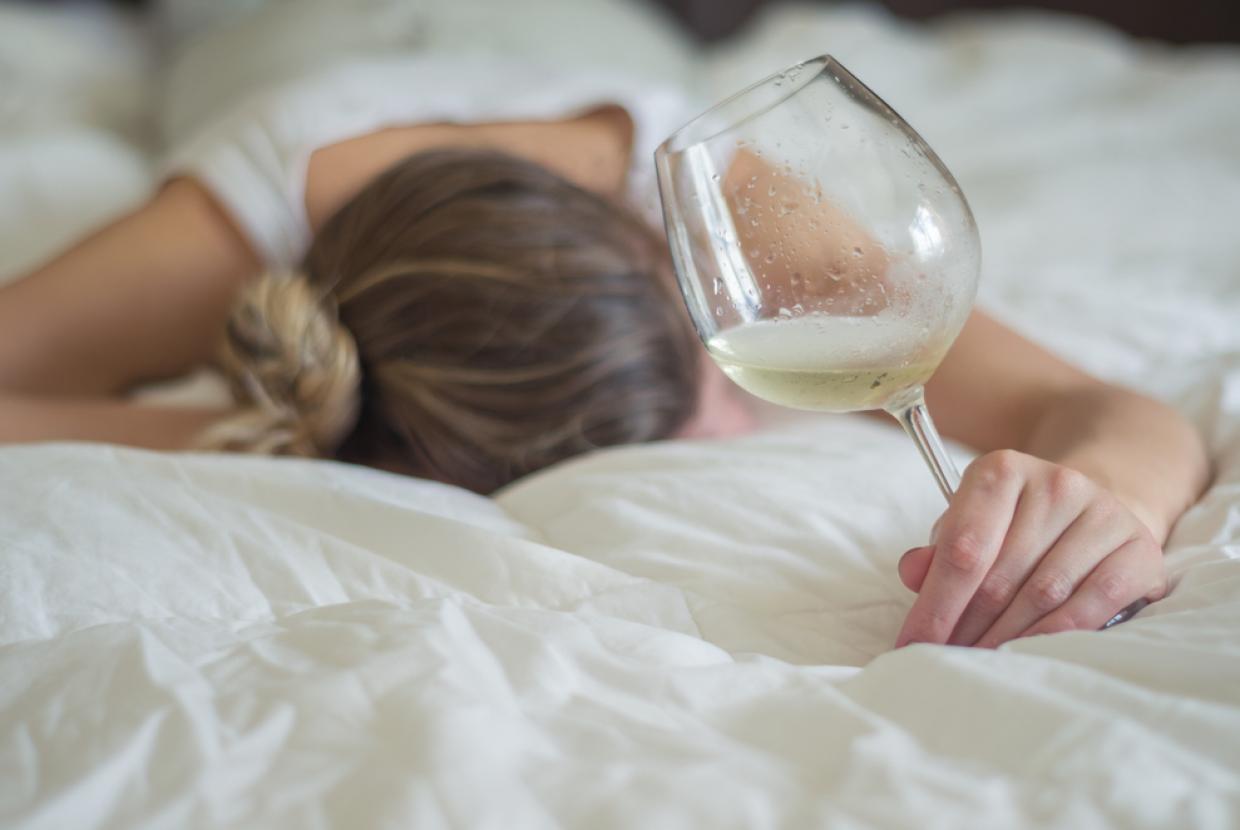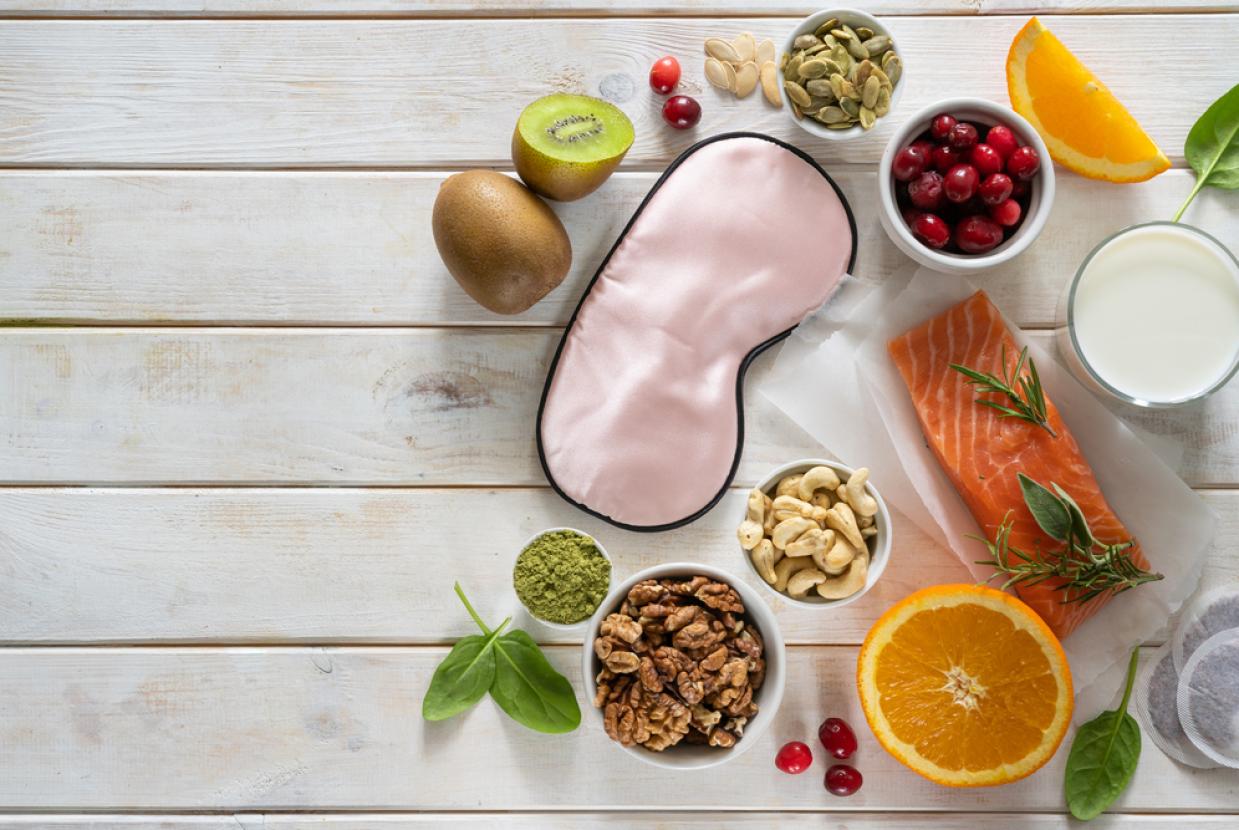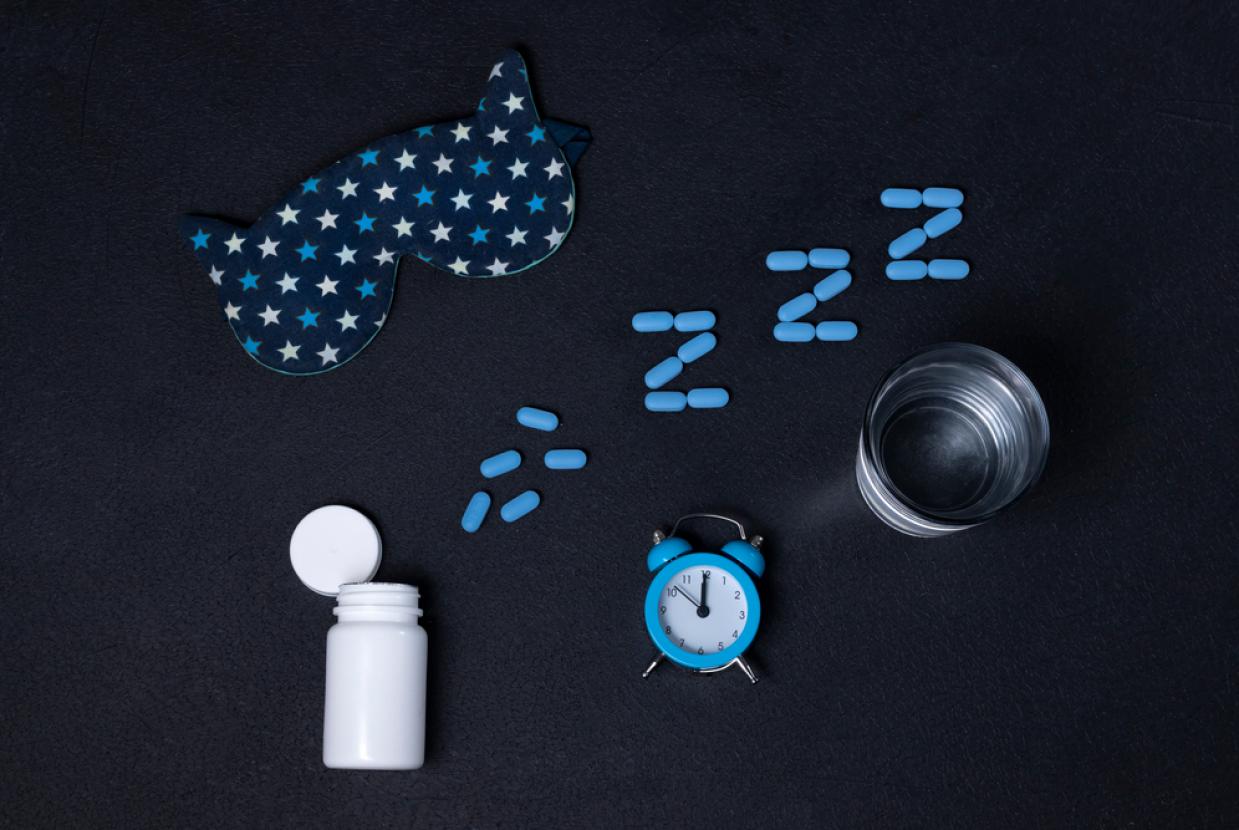Sleep FAQs
Sleeping BetterAre you struggling to sleep? Does your partner keep you awake at night? Perhaps you sleep too much? Why not have a browse through some of our frequently asked questions:
How much sleep should I get at night?
The average sleep an adult requires or might expect to sleep is around eight hours a night. However there is no ‘normal’ length of time, it is whatever is natural for you. We all feel tired at times but it is important that it is not disruptive to your daily life and general health. Looking at your bedroom environment and video and then assessing if there is anything you can do to improve your quality of your environment might help you to improve on the time you are asleep.
How can I make sure I am getting a proper night's sleep every night?
To ensure you experience good sleep it’s essential to follow good lifestyle habits and to eliminate the factors that are causing you disturbed sleep. For example making sure that your bedroom is the right environment (cool, dark and quiet), that your bed is up to scratch, looking at the lighting in your home, and avoiding foods and drinks that can hinder sleep. Avoid screen time at least an hour before bed and find alternative ways of relaxing like warm baths with calming scents, quiet soothing music, reading, gentle stretching and yoga. It’s also important to establish regular sleep pattern – going to bed and waking up at roughly the same time. Your bodies and minds will feel much better for it.
I struggle to fall asleep, what can I do?
Practise some deep breathing techniques. Spend five minutes indulging in pure relaxation and allow yourself to sink into a sound fulfilling sleep. If your mind is buzzing with things to do, write them down. Don’t try to sleep – it needs to find you. Keep your eyes open and gently resist sleep or try to adopt a carefree, accepting attitude to wakefulness. Avoid clock watching if you can’t get to sleep within 15 minutes from switching light off then get up and go to another room and doing something relaxing.
I wake several times at night, what can I do to stop this?
If you find yourself awake in the middle of the night and unable to get back to sleep, don’t lie there staring at the ceiling. It won’t help you fall asleep; it’s likely to make you more restless. Instead get out of bed, go into a dimly lit room and read a couple of chapters from a book, listen to some soothing music or make yourself a milky drink or chamomile tea.
Are naps bad for me?
Planned daytime naps improve alertness without necessarily affecting nocturnal sleep. Try to limit naps to around 20 minutes – any longer and they may leave you groggy and interfere with night time sleep. However, if you experience insomnia or poor sleep quality at night, napping might make these problems worse.
Does what I eat and drink affect my sleep?
Certain foods are known to calm the brain and help promote sleep. While we don’t recommend eating a big meal just before bedtime as it can lead to discomfort and indigestion, some people find a bedtime snack a helpful aid to sleep. The best is one that contains complex carbohydrates and protein and perhaps some calcium – which is why dairy products are one of the top sleep-inducing foods. Avoid spicy, hard to digest food and alcohol – if you need to get up in the night to go to the loo – slightly restrict the amount of fluid you drink, also avoid.
My partner snores and it's affecting my sleep, what can I do?
Snoring is one of the top complaints of a disturbed night’s sleep when sharing a bed. For some ear plugs can be a huge help but when snoring becomes a significant and ongoing problem, seek help. What starts off as a niggle can become a major issue for many couples – so it’s important to get it sorted. Try visiting the British Snoring and Sleep Apnoea site – there is a lot of information and you can diagnose several causes online.
How important is a good night's sleep?
Sleep, regardless of age, is extremely important to a healthy lifestyle and should not be taken lightly. It is a basic and fundamental human requirement and has restorative functions. As we sleep, tissue grows and repairs itself and the immune system is strengthened. The brain also repairs itself during sleep and researchers believe sleep is critical to healthy brain function. In fact, researchers also believe the brain performs actions vital to learning and memory during sleep. Sleep also affects the levels of hormones and other important chemicals circulating in your body. Getting too little sleep disrupts all of that.


